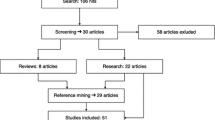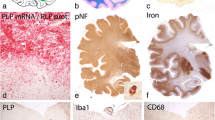Abstract.
Two problems must be considered in regard to the relationship between vaccinations and MS: Do vaccinations favour the first attack of MS? Do they increase the short- or long-term risk in patients with known disease? Answers to these questions are difficult due to the paucity of reported cases, or ignorance of the precise frequency of neurological adverse events in vaccines based on prospective studies, and finally by the lack of a well established pathophysiology. In most instances, the role of the vaccine is based on a temporal link between the injection and the onset of neurological disease, and more rarely to a positive reintroduction. Acute disseminated encephalomyelitis (ADEM), a monophasic and multifocal illness of the white and grey matter, has been observed following various viral or bacterial infections as well as vaccine injections for diseases such as pertussis, tetanus and yellow fever. The similarities between ADEM and experimental allergic encephalitis (EAE) are suggestive of an immunological process. In addition to the dramatic presentation of ADEM, more limited white matter involvement, such as optic neuritis or myelitis, has bee reported following vaccine injections, and has occasionally been counted as the first attack of MS. In France, 25 million inhabitants, almost half of the population, were vaccinated against hepatitis B (HB) between 1991 and 1999. Several hundred cases of an acute central demyelinating event following HB vaccination were reported to the pharmacovigilance unit, leading to a modification of vaccination policy in the schools and the initiation of several studies designed to examine the possible relationship between the vaccine and the central demyelinating events. The results of these studies failed to establish the causality of the HB vaccine. Nevertheless, molecular mimicry between HB antigen(s) and one or more myelin proteins, or a non-specific activation or autoreactive lymphocytes, could constitute possible pathogenetic mechanisms for these adverse neurological events.
Similar content being viewed by others
Author information
Authors and Affiliations
Rights and permissions
About this article
Cite this article
Gout, O. Vaccinations and multiple sclerosis. Neurol Sci 22, 151–154 (2001). https://doi.org/10.1007/s100720170014
Issue Date:
DOI: https://doi.org/10.1007/s100720170014




